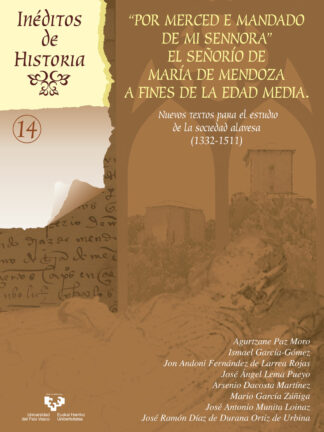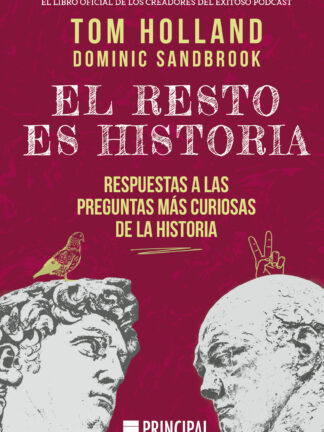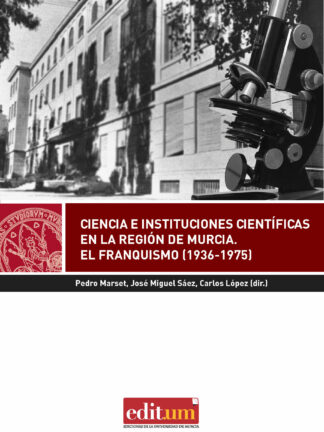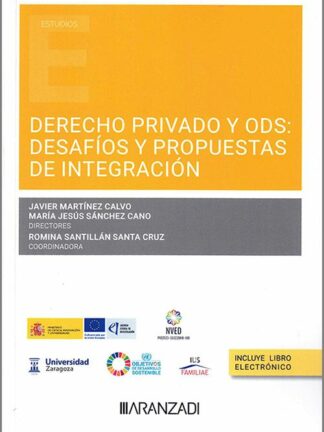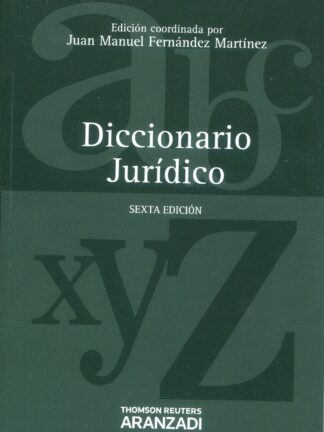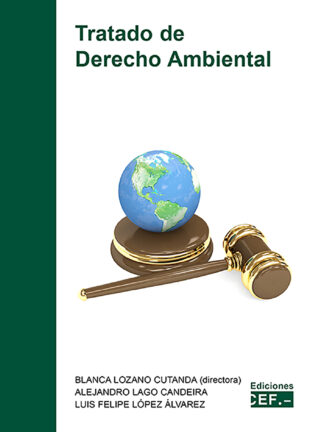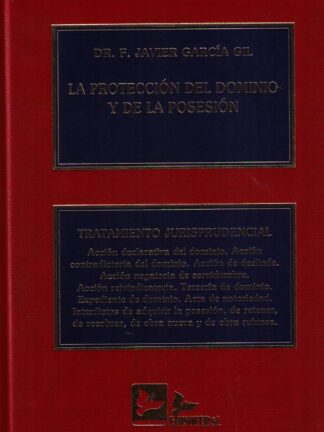Descripción
What is Early Modern History?
offers a concise guide to investigations of the era from the fifteenth to eighteenth centuries and an entry-point to larger questions about how we divide and organize the past and how the discipline of history has evolved. Merry Wiesner-Hanks showcases the new research and innovative methods that have altered our understanding of this fascinating period.
She examines various subfields and approaches in early modern history, and the marks of modernity that scholars have highlighted in these, from individualism to the Little Ice Age. Moving beyond Europe, she surveys the growth of the Atlantic World and global history, exploring key topics such as the Columbian Exchange, the slave trade, cultural interactions and blending, and the environment. She also considers popular and public representations of the early modern period, which are often how students – and others – first become curious. Elegantly written and passionately argued, What Early Modern History essential invitation to the field for both students and scholars.
Contents
Introduction
- Economic and Social History
- Religious, Intellectual, and Cultural History
- Women’s, Gender, and Sexuality Studies
- The Atlantic World
- The Global Early Modern
- Popular and Public History
Afterword: The Future of Early Modern History/Studies
Further Reading
Notes
Index


